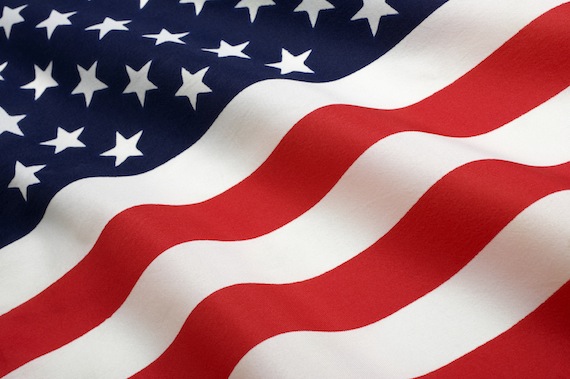
How can we calculate the cultural impact of the Americans on Britain in WW2?
We’ve just added onto the site for subscribers the testimony of Tess Stevens who married an American serviceman she met during WW2 and subsequently moved to the United States. She is also part of a video we’re making about GI Brides that will also be added to the site in the next few months.
What’s fascinating, in particular, about Tess’s story is that it doesn’t conform to the popular myth – that of a young British girl who moves to the USA and finds love and then happiness through marriage to a GI. In fact, it is a tougher story altogether, and one which shows just how remarkable and impressive a women Tess really is.
The latest research on the American impact on Britain during WW2 – and in particular the consequence for British womenfolk of so many available men arriving in Britain from 1942 onwards – shows that, if anything, the effect of this ‘friendly invasion’ has been underestimated. The fact that in Britain there were tens of thousands of illegitimate children fathered by Americans during the war tells its own story. As does the joke of the time that the Americans were ‘drinking British pubs dry, but filling up the nurseries.’
And, of course, the political and culture legacy of the Americans in Britain during WW2 is much greater than just the withdrawal of 60,000 women as GI Brides at the end of the war (though that 60,000 represents a remarkably large figure, don’t you think?) In a sense, the Americans never really left – a drive through Norfolk, for example, reveals that huge American airbases are still very much here. People forget, it seems to me, that a permanent American military presence in Europe only occurred as a direct result of WW2.
The whole idea of a ‘special relationship’ between Britain and the USA is also something that is a legacy of the war. And what always strikes me about that term is that it is used a great deal in Britain but seldom, in my experience, heard in the United States. ‘Special relationship’ implies a relationship of equals, and what WW2 began was the long and painful revelation that this was not and is not a partnership of equals at all. It was no accident that by the time of the Yalta conference in February 1945 the joke was that this was not a meeting of the Big Three (Roosevelt, Stalin and Churchill) but the ‘Big Two and a half’ (with Churchill very much the ‘half’ in the the threesome).
This sense that America was somehow superior to Britain was clearly born in WW2. And the considerable impact of the Americans on British womenfolk played a part in creating this aura. As for the few British men left at home in the war years, they could only bitterly joke: ‘Heard about the new utility knickers? One yank and they’re off!’
 Twitter
Twitter






It has always seemed stupid the way our politicians go on about our special relationship with the US. All those handshakes at the White House what a joke. America is bigger, richer and way more powerful than us, and will do what it chooses – starting in the second world war by taking our women.
Do not blame these women! If you fall in love you fall in love! These were stressful times and my heart goes out to the women who then had to go to a foreign land to be with the fathers of their children leaving their families and friends behind them. Blame rather the Americans who seduced them!
I don’t get it. People marry from all kinds of counties and move. One would think we could celabrate the marrages betoween the tow peoples. I don’t see wha twas wrong there.
But I do feel badly Britin lost its colonies in WWII, not any fault of the US. We helped each other, so lets celebrate. And leave it at that. Was there really any injustice done to the UK by the USA during WWII? You can be honest here. I love Britain, have been many times but wil lnever feel appologetic for being an American. Brash? I try not to be but I undertsand we are interpreted this way by the Brits and others in Europe. We don,t mean anything by it we are jus isolated geographically. I have been around the world, however
Best Regards,
Mark Zangara